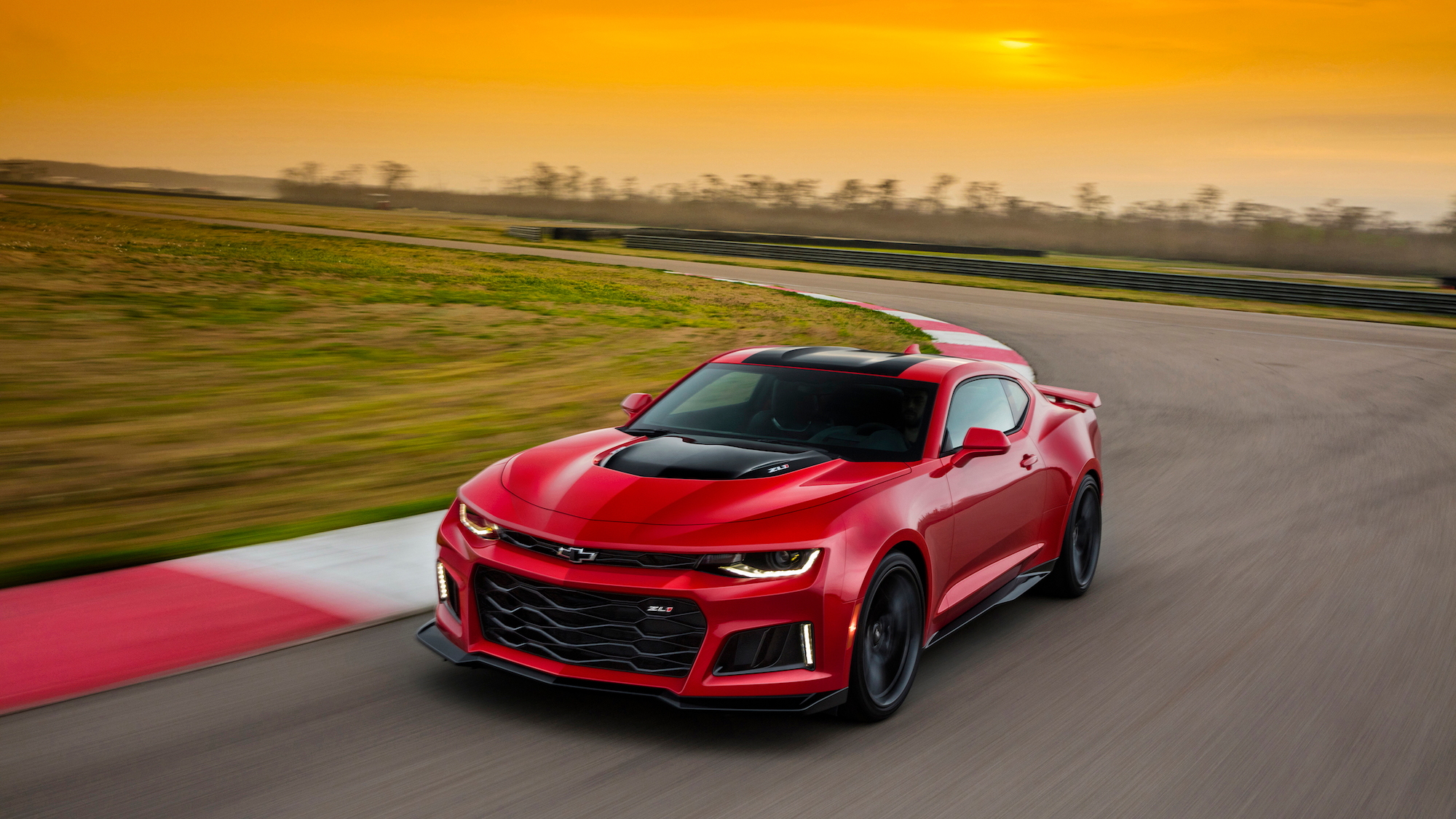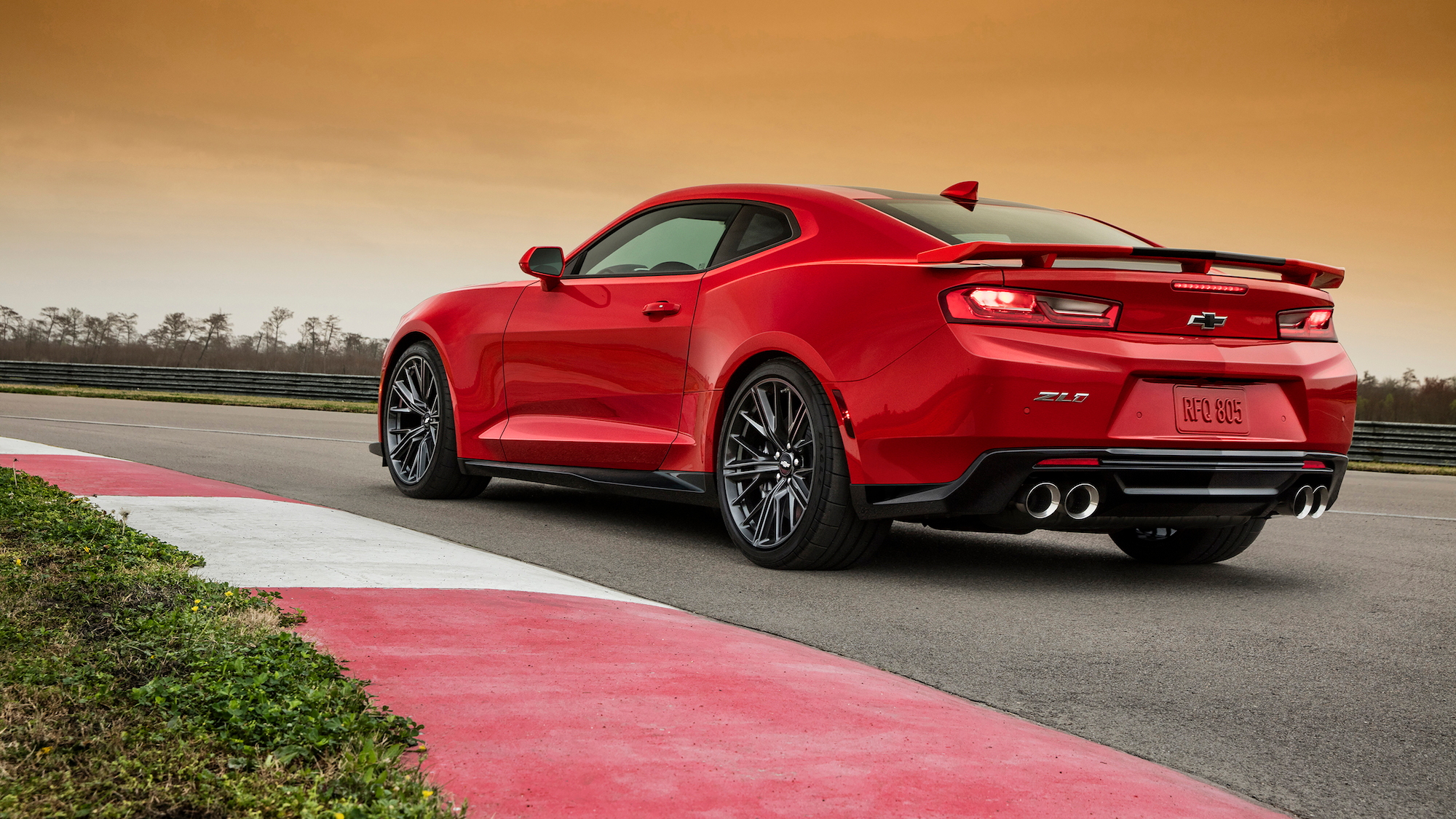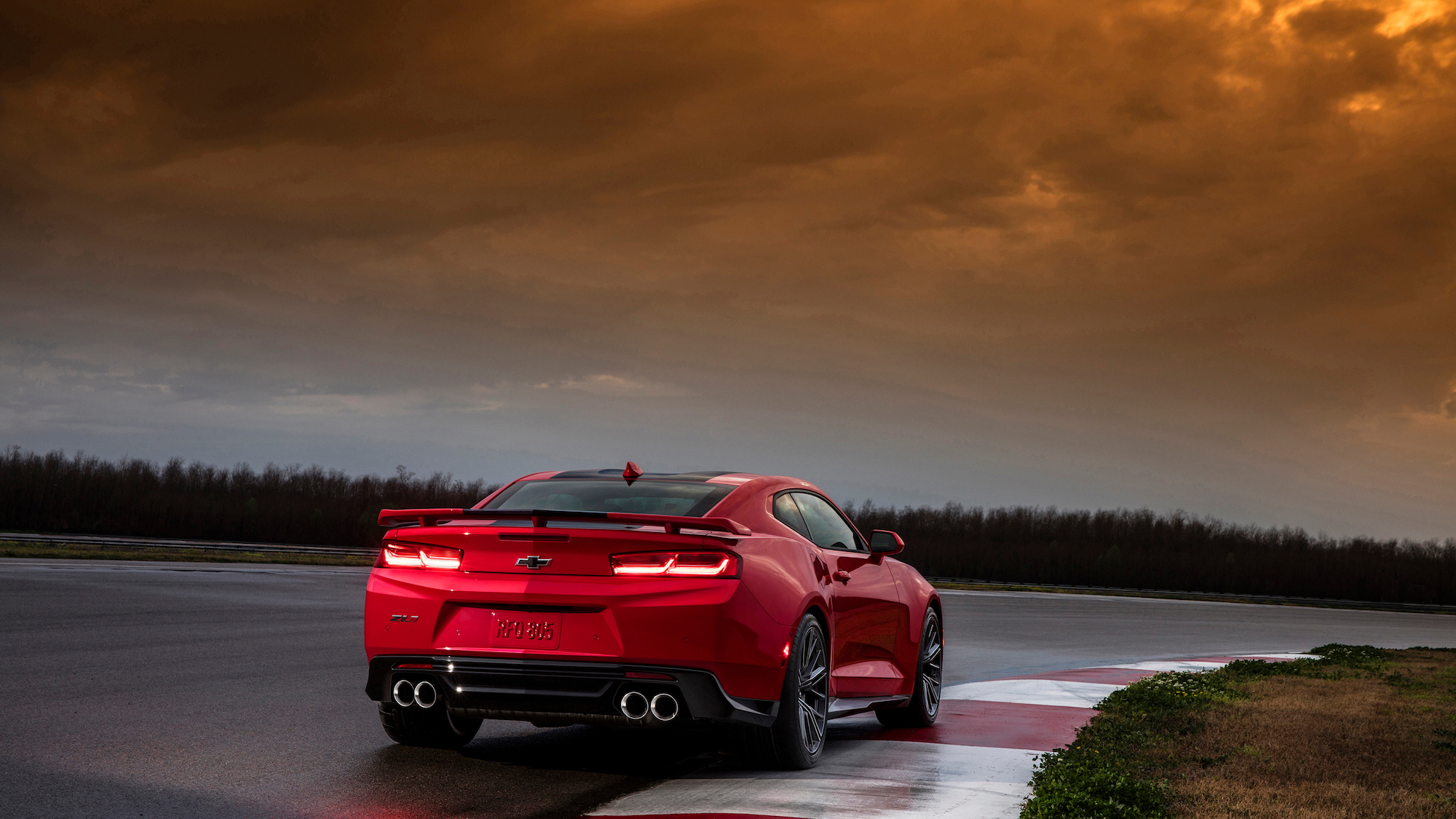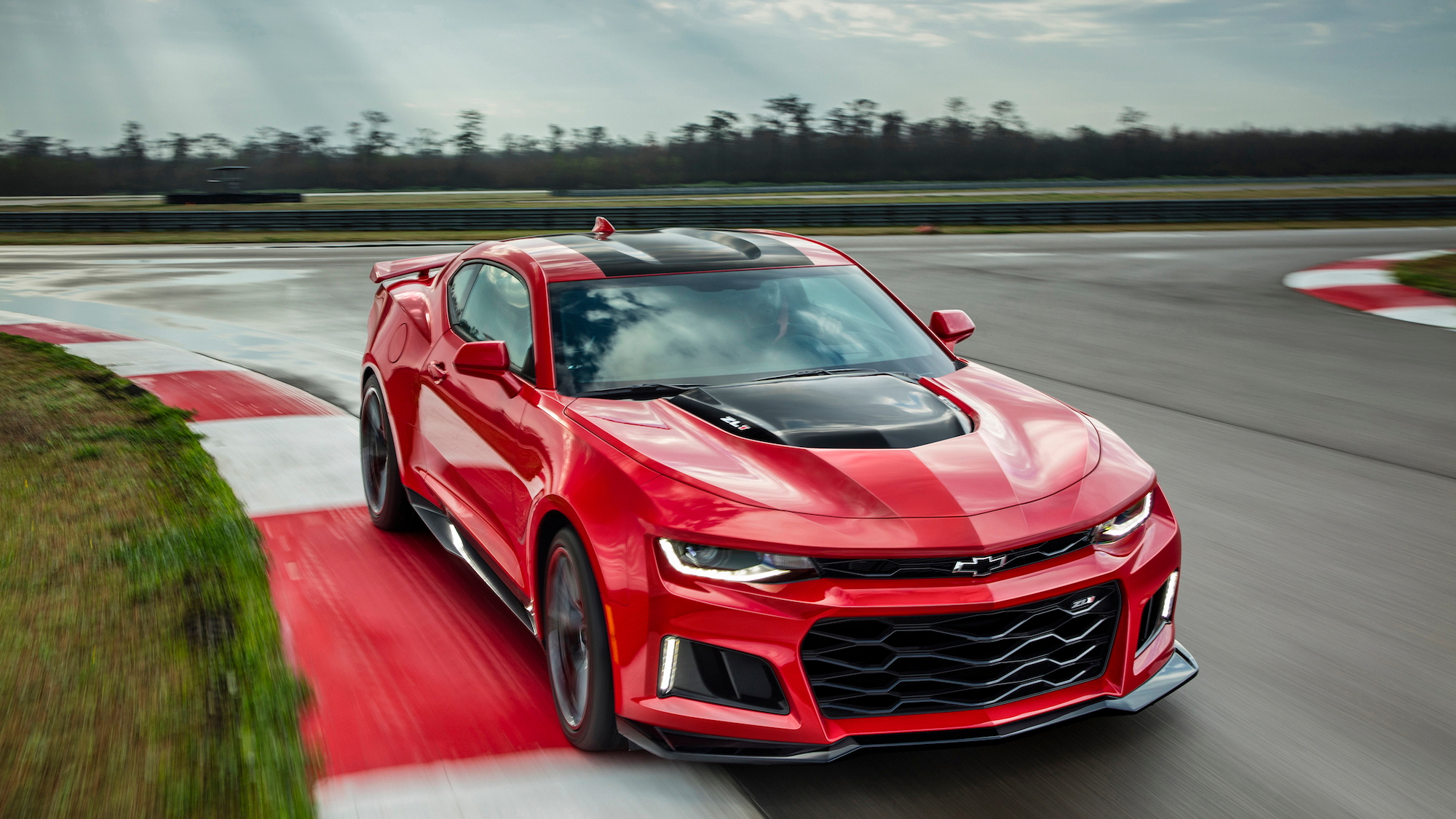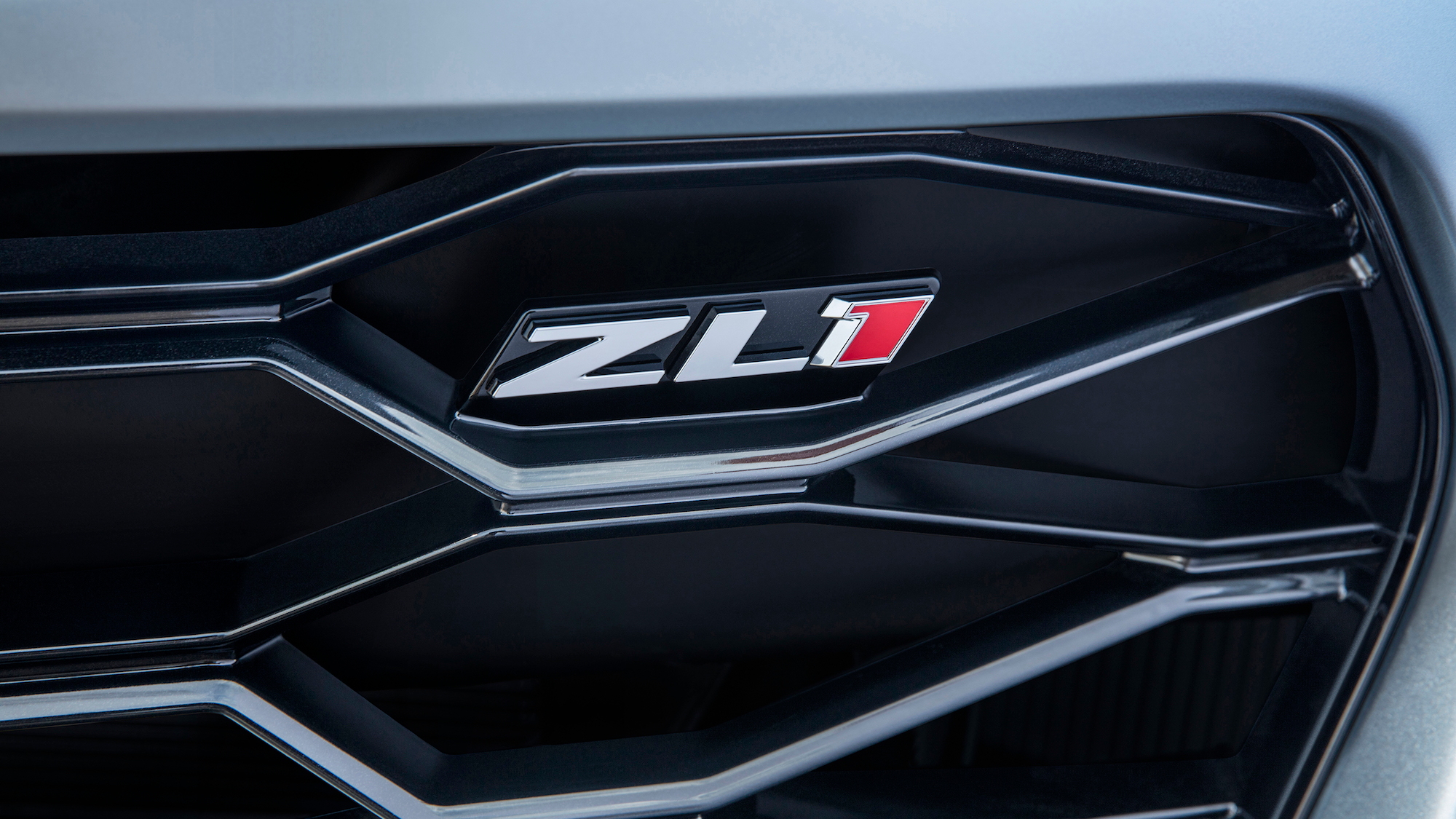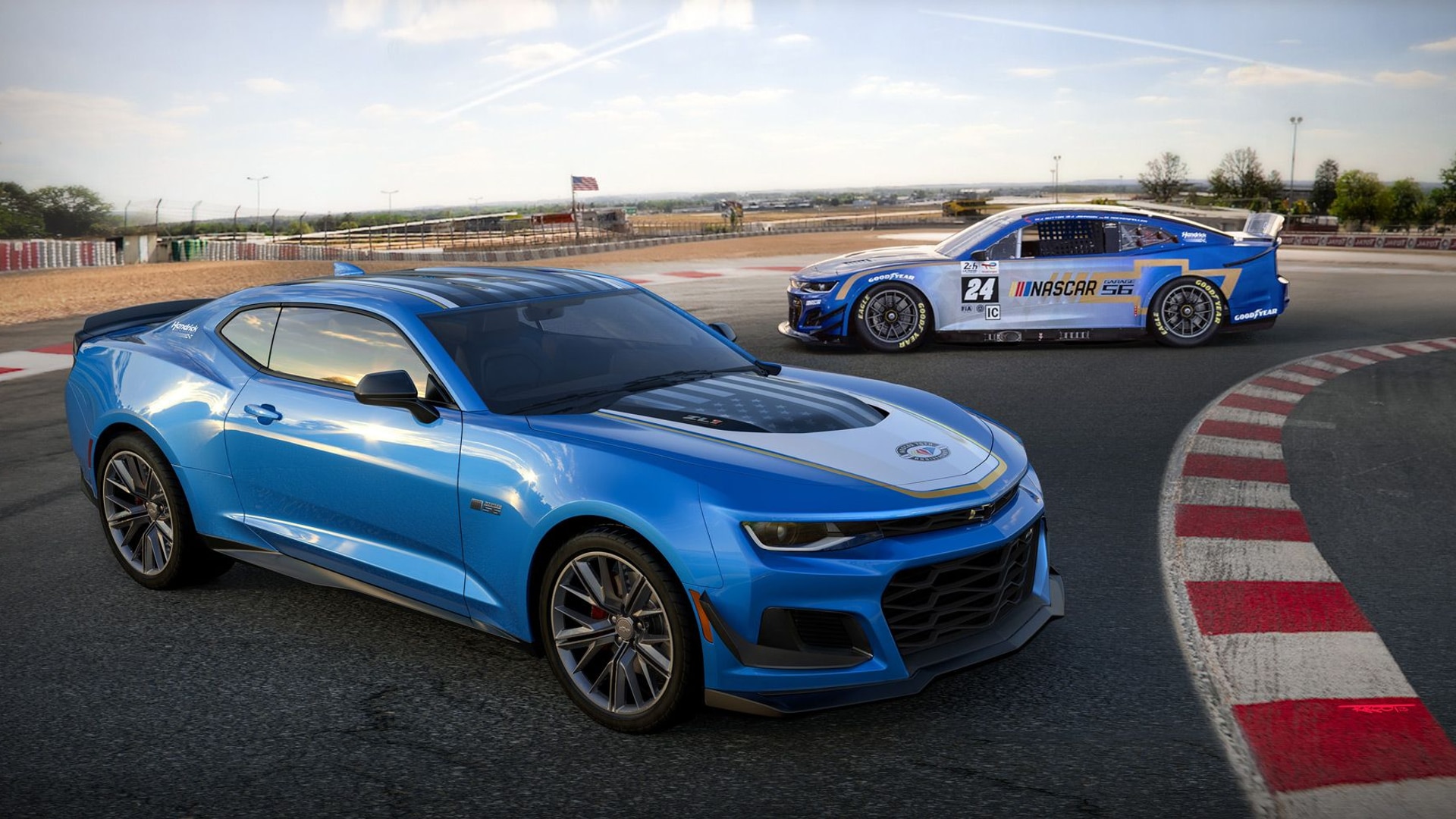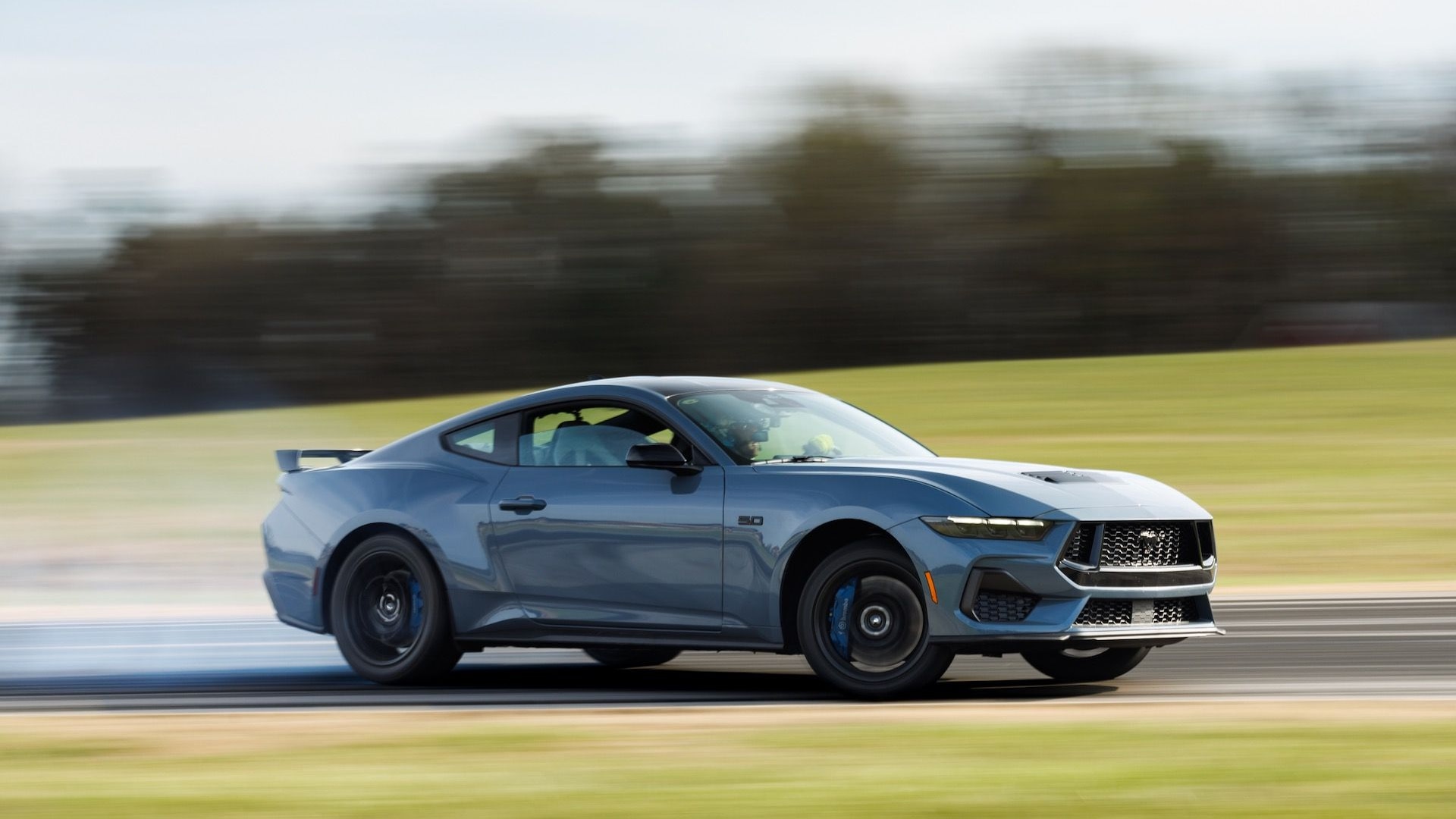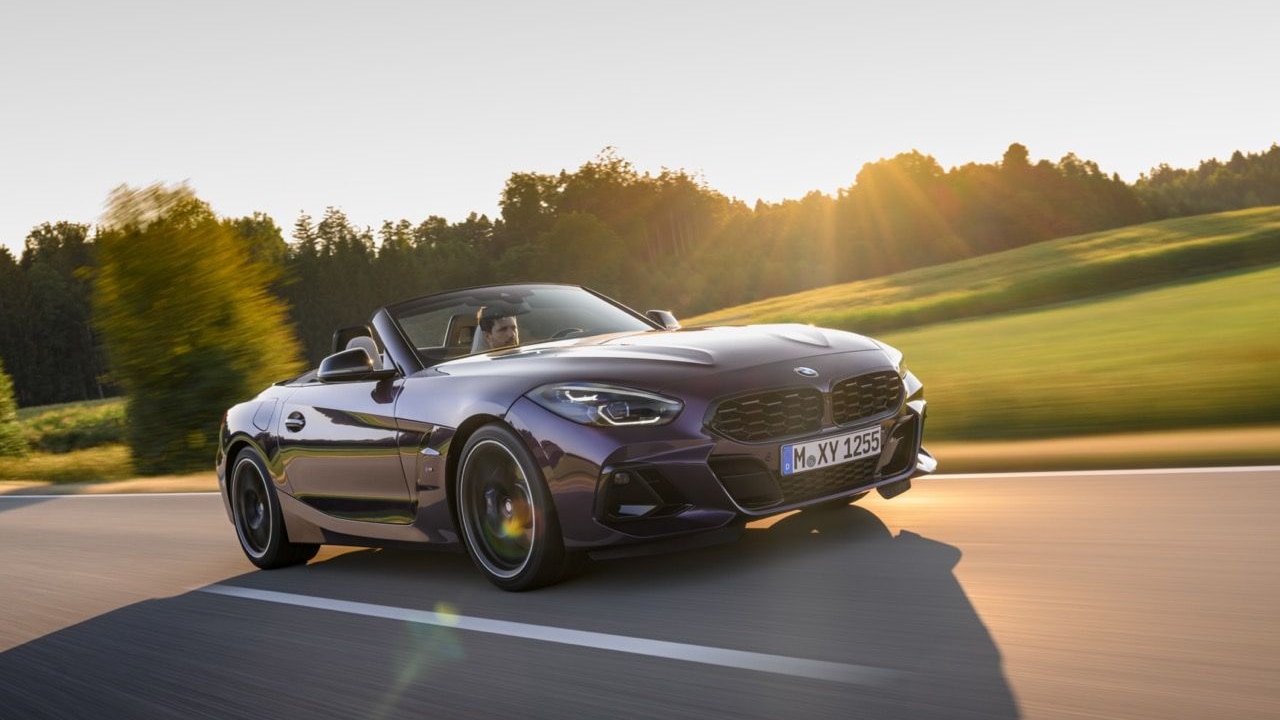Chevrolet stands behind the engineering of the sixth-generation Camaro, so much so, in fact, that it will honor the warranty if you take your Camaro to a track day. "That's pride of craftsmanship that we know it will stand up to track use," said Camaro chief engineer Al Oppenheiser, in an interview at the New York Auto Show.
There are some restrictions, though. The car must not be modified, and it must be an SS model or above.
"If you're not modifying your car and you take your production car to a track day and you have an issue with one of your parts, it's covered under warranty," Oppenheiser said. "We know when somebody changes their ECM calibration and we know if they changed to a cold-air intake, we can tell all that. But driving it as you break it in from the dealership, if you have a half-shaft or whatever, it's covered."
DON'T MISS: 2017 Chevrolet Camaro ZL1 Video Preview
There is no "above" at this point, but that means the forthcoming ZL1 and 1LE (including the V-6 version) models will qualify for the warranty and so will any other future performance versions, like a Z28.
This isn't new for Chevrolet. The Bowtie has backed buyers taking their Corvettes to the racetrack since the C5 generation. For the Camaro, the practice started with the fifth-generation car, but only included the ZL1 and Z28 models.
Chevrolet can back the Camaro because it conducts vigorous track testing during development. Everything from the SS model on up is subjected to a 24-hour track test at the Milford Proving Grounds, and only wear items like brake pads and tires are changed.
CHECK OUT: 2017 Chevrolet Camaro ZL1 Convertible debuts in New York: Live photos and video
"That 24-hour test is very brutal on a car. Each driver has to run a full tank of fuel without stopping. And then another guy gets in and then another guy gets in. Weather permitting, it's continuous." However, the test can take up to two weeks, depending on weather and given the fact that Chevrolet does not test at night.
It takes about two minutes to complete a lap at the Milford track, and the cars will go 18-25 laps on a tank of fuel. During testing to prove out the Camaro SS, the front tires were changed every two tanks of fuel and the rears were changed every three. The front brake pads lasted three tanks of fuel and the rears handled four tanks. The Camaro SS rotors didn't last the full session, but the two-piece rotors of the ZL1 did. However, the ZL1 chewed up tires more quickly.
ALSO SEE: Tesla Model 3 first ride
The V-6 Camaro is also track tested, but not to the same extent. It undergoes a few hours of track testing, but doesn't have the brakes and cooling of the SS and therefore can't be warrantied on a racetrack.
We reached out to Ford Motor Company [NYSE:F] and Dodge to ask about the warranty coverage for the Mustang and Challenger. From Ford we learned that all Mustangs are covered for "test-and-tune" days but not competition. That's the same as the Camaro, but even base Mustangs are covered. Dodge said taking a Challenger to a track day doesn't void the warranty, but any damage incurred will be reviewed on a case-by-case basis.
Obviously, Chevrolet isn't alone in standing behind its sporty cars if they are used for their intended purpose. But it's good to know that all three U.S. automakers cover their pony cars, and that there is some genuine engineering behind that policy.
_______________________________________
